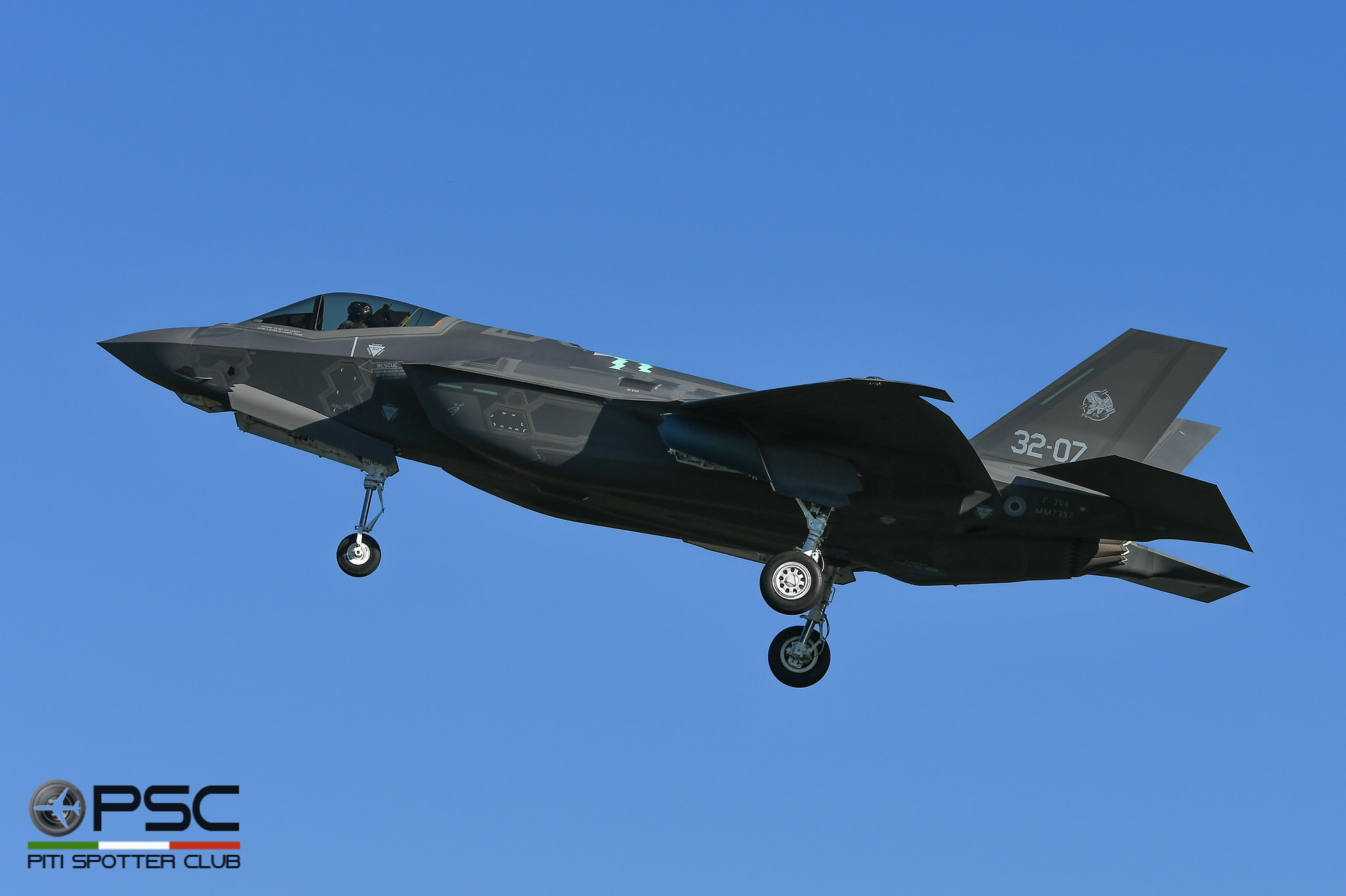President-elect Donald Trump used a speech last night in Pennsylvania to criticize major defense acquisition programs including Boeing Co.’s Air Force One and Lockheed Martin Corp.’s
— and the Pentagon officials who leave government to take jobs in the defense industry.
“We are going to negotiate tougher deals … where we get more equipment for less money,” he said on Thursday.
“For instance, you saw the other day about an airplane. Now I have a nice airplane. But this plane is going to cost $4.2 billion, Air Force One. I don’t want a plane to fly around in that costs $4.2 billion, believe me … not going to happen … and I didn’t order it, please, remember this. But we’re going to work with Boeing, we’re going to cut the price way down — way, way down.”
He added, “And how about the F-35 fighter. It’s a disaster, it’s totally out of control. So we’re going to get more equipment for our military and we’re going to get better equipment for our military at a smaller price.”
Trump has previously blasted both acquisition programs.
Last week, Trump took to Twitter to
of a new Air Force One — criticism that came the day the Aerospace Industries Association — the defense lobby — was holding its annual holiday luncheon outside Washington, D.C.
Boeing said it has only received $170 million in development funding to study the technical requirements of the future Air Force One aircraft.
Todd Harrison, director of the aerospace security project and defense budget analysis at the Center for Strategic and International Studies, a think tank in Washington, D.C., has said the proposed cost for the program includes $2.9 billion in funding for research, development, test and evaluation through fiscal 2021, as well as about $1 billion in funding for procurement.
“To be clear, it’s $4B for two planes that operate as a flying command post for POTUS in a national emergency, have EMP protection, etc.,” he tweeted at the time, referring to electromagnetic pulse.
On Monday, Trump launched another Tweetstorm, this one
the military’s largest acquisition program: the F-35 Joint Strike Fighter, which is expected to cost nearly $400 billion in development and procurement costs to field a fleet of 2,457 single-engine fighters — and some $1.5 trillion in lifetime sustainment costs, according to Pentagon figures.
During his speech last night, Trump also vowed to “drain the swamp” in part by closing the so-called revolving door of Pentagon employees who leave government to take jobs in the private sector.
“I will impose a five-year ban on executive officials becoming lobbyists and a lifetime ban on officials becoming lobbyists for a foreign government,” he said. “And I’ll tell you what else I’m going to ban — when we have our purchasing agents giving out billions and billions and billions of dollars of contracts to the military and to all of these people where they’re buying these airplanes where you see these tremendous cost overruns — take a look at the F-35 program, take a look — and the people that gave out those contracts, give me a break, we’re going to impose a lifetime ban on people that give these massive contracts out or even small contracts.”
He added, “You want to work for the United States, you work for the United States. You’re not going to go to work for the people that built these planes.”
In perhaps
of the revolving door, the
‘s former chief of staff, retired Gen. Mark Welsh, recently joined the board of directors for Northrop Grumman Corp., the company announced last week.
The move came just five months after Welsh
as the service’s top uniformed officer and a little more than a year after Northrop
in decades — to begin developing the B-21 Raider as part of the potentially $80 billion Long Range Strike Bomber, or LRSB, program.




